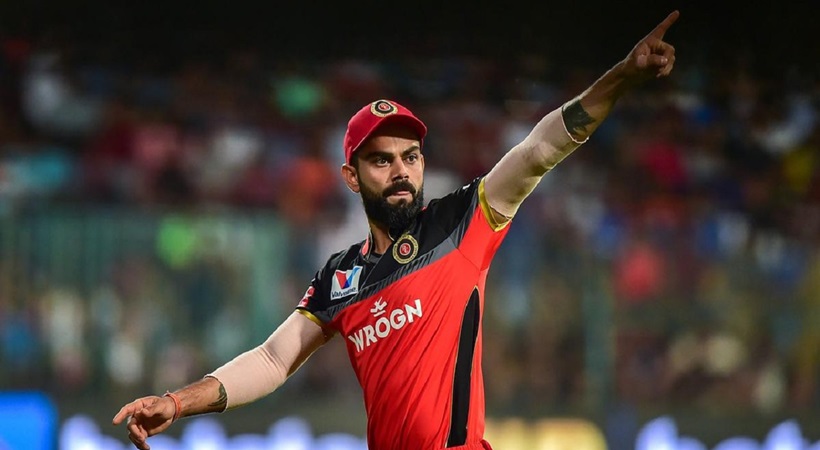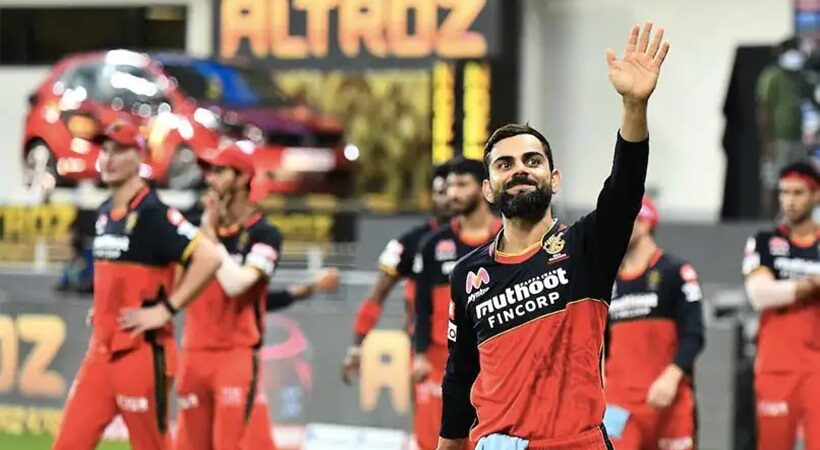India’s second most successful T-20 captain after MS Dhoni, Virat Kohli threw a bomb some days ago. One of the most prolific batsmen of this era has decided that he will no longer don the attire of captain in the T-20 format, including his IPL franchise RCB. So, what prompted Kohli to take such a step. Is it the workload aspect mentioned by Kohli himself or is there something more than what meets the eye? There has been a barrage of reports regarding his uneasy equations with his teammates, especially the vice-captain Rohit Sharma, for the last few days after making the decision official. It is better not to give in to such conspiracy theories regarding the sudden move by the present Indian skipper and find out the real reasons why Kohli realized captaincy in all three formats were taking a toll on him.
Read More: Indian Origin Australian Girl Is The Youngest Contestant of The Voice
Factors that would have influenced Kohli’s decision to give up T-20 captaincy
Dry Spell With the Bat
Everyone, including his ardent admirers, will agree that Virat has not been at his best in any of the formats since 2019. His last century across the formats came in 2019 against Bangladesh in a day-night Test match. Since then for almost two years he has gone without scoring a single ton. Apart from a few scratchy fifties, he has not done much of note with the willow. For a batsman of his calibre, such a long gap can be an anxious and almost painful waiting time. Even his mode of dismissals has been almost similar, edging the ball outside off to get caught either by the keeper or slip fielders. The string of average knocks might have rung alarm bells for one of the most popular batsmen of the current era and made him realize that he needs to take off the excess load to be back as the batsmen the opposition always wished to see the back of.

Absence of a major ICC Title
The last time Team India won a major ICC title was in 2013, Champions Trophy in England, under MS Dhoni. Since then, India have not won a single vital tournament. After taking over the reins from Dhoni in 2017, the team under Kohli had missed big-ticket championship trophies several times: Champions Trophy Final in 2017, ODI World Cup Semi-Final in 2019 and WTC Final in 2021. These near misses initiated talks of split captaincy for the first time among cricket pundits and might have made him realize that the time is running out for him as one more missed opportunity might result in him being sacked from captaincy. This may be the other reason why Kohli chose the T-20 World Cup as his captaincy swansong in terms of the format.
Rohit’s emergence as a suitable alternative
India’s vice-captain Rohit Sharma, in the meanwhile, has gradually evolved as a successful captain, especially in T-20’s. For his IPL team Mumbai Indians, Rohit as a captain has won titles five times and MI remains the most successful team in the IPL alongside CSK. Whereas Kohli has had a very ordinary record as a captain in the IPL, failing to win the title even once for the RCB since taking over as captain in 2013. Also, Rohit has led well in the absence of Kohli, whenever the latter was rested to manage the workload. Asia Cup in 2018 and Nidhas Trophy in the same year happen to be the two occasions when Rohit won trophies as a captain for the Indian team minus the talismanic Kohli. This is another aspect that might have weighed on the mind of Kohli while giving up the T-20 captaincy.
Conclusion
Considering these aspects it does not come as a surprise why Kohli chose to end his reign as the leader in the shortest format. As for those wagging tongues, they are not a new phenomenon. Even in the past, there have been some unsolicited talks or speculative reports post a major decision. So, it is better to stick with facts than lending credence to some cheap gossips.



















